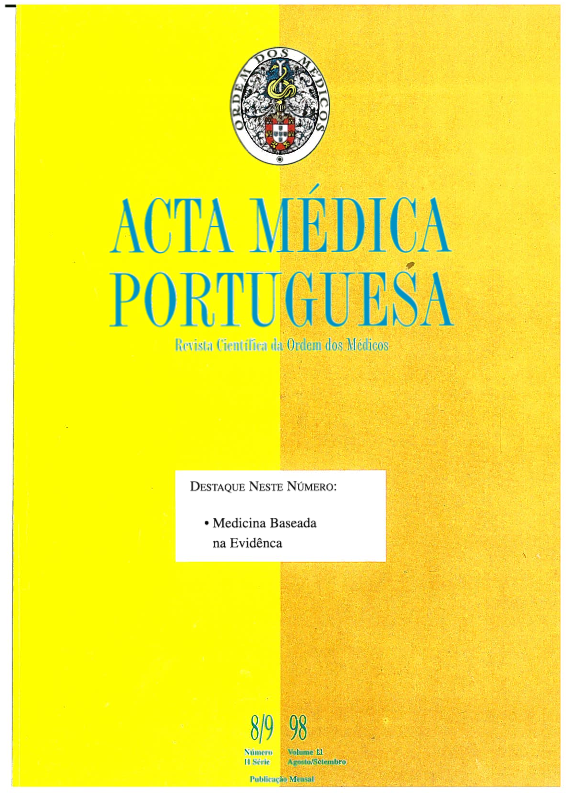Scientific fraud. A disease we find among ourselves.
DOI:
https://doi.org/10.20344/amp.2313Abstract
Scientific fraud is not a problem exclusive to countries with high scientific development. Fraud does not necessarily mean invention of results, usurpation of ideas, manifest plagiarism or any other kind of serious scientific misconduct. Although more rare in countries where scientific production is more modest, pungent cases of scientific fraud also exist. However, less notorious cases of scientific misconduct are frequent and must be avoided. Examples of these less notorious sins are presented. The seriousness of scientific fraud is not only due to the fact that it may involve public funds, which could have been put to more useful purposes but, above all, because it violates scientific ethics and frustrates the final aim of science, the discovery of truth.Downloads
Downloads
How to Cite
Issue
Section
License
All the articles published in the AMP are open access and comply with the requirements of funding agencies or academic institutions. The AMP is governed by the terms of the Creative Commons ‘Attribution – Non-Commercial Use - (CC-BY-NC)’ license, regarding the use by third parties.
It is the author’s responsibility to obtain approval for the reproduction of figures, tables, etc. from other publications.
Upon acceptance of an article for publication, the authors will be asked to complete the ICMJE “Copyright Liability and Copyright Sharing Statement “(http://www.actamedicaportuguesa.com/info/AMP-NormasPublicacao.pdf) and the “Declaration of Potential Conflicts of Interest” (http:// www.icmje.org/conflicts-of-interest). An e-mail will be sent to the corresponding author to acknowledge receipt of the manuscript.
After publication, the authors are authorised to make their articles available in repositories of their institutions of origin, as long as they always mention where they were published and according to the Creative Commons license.









